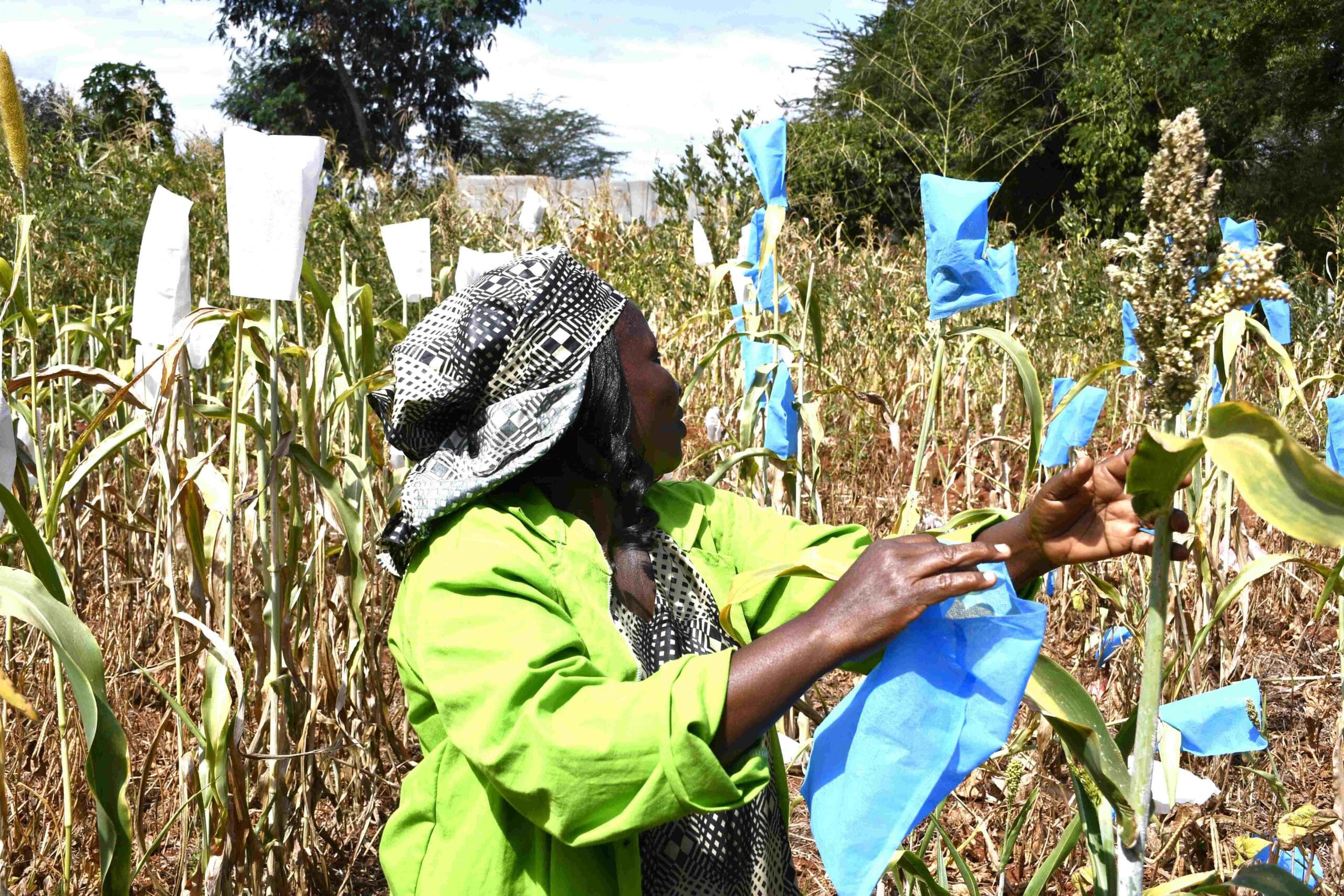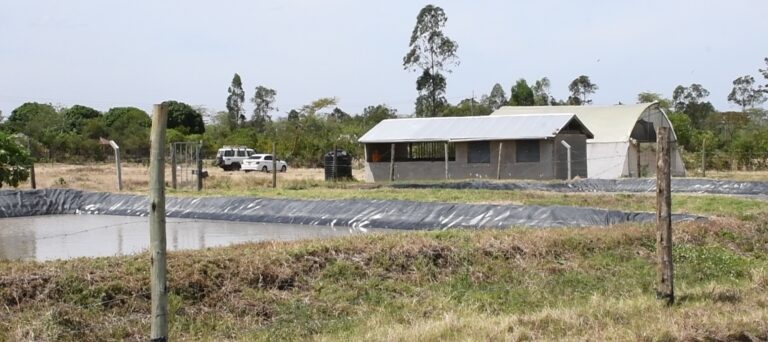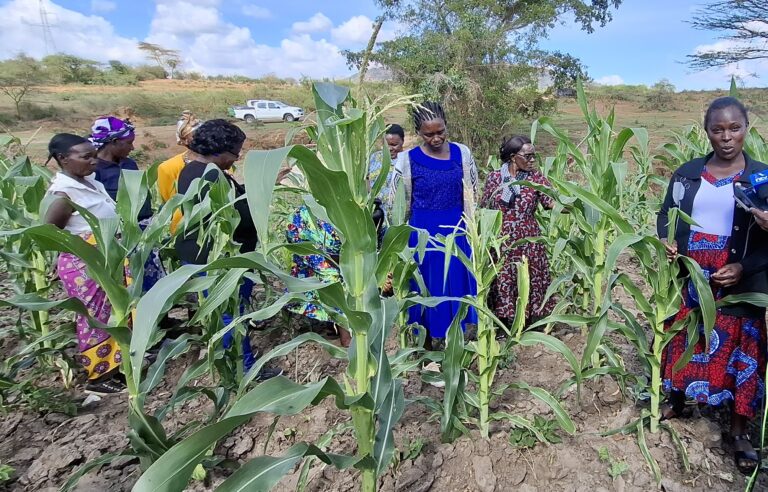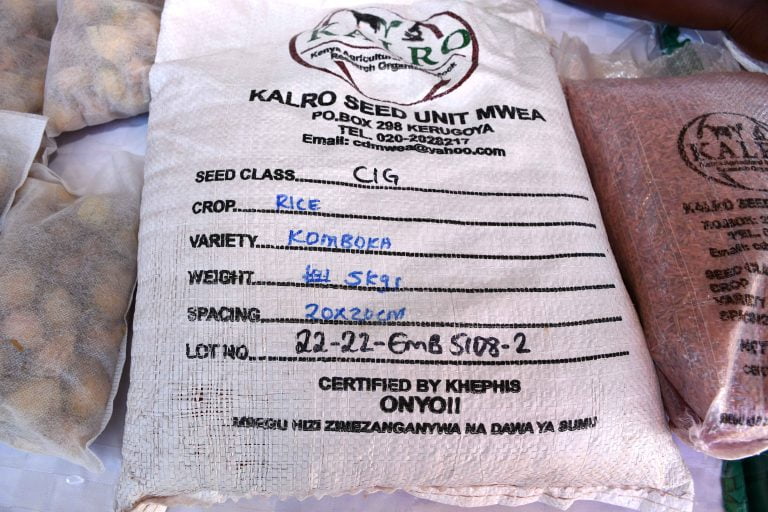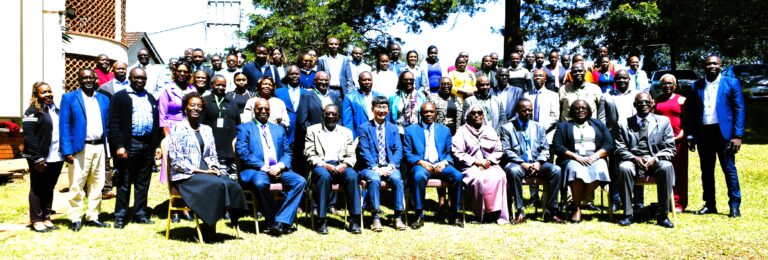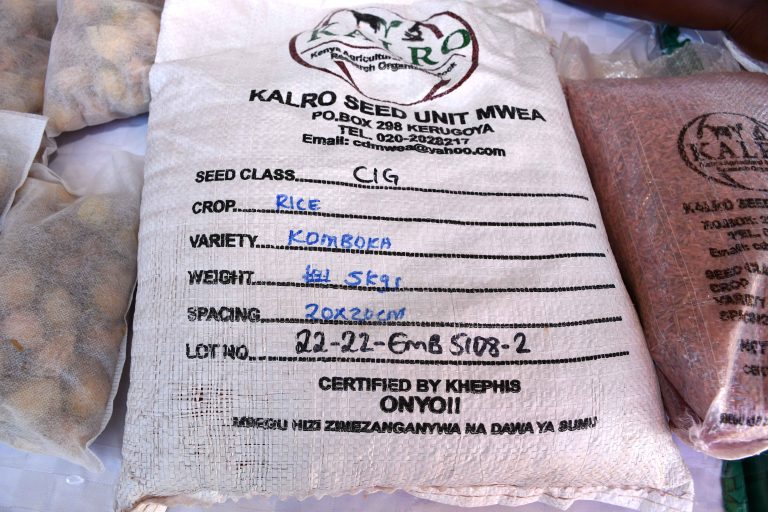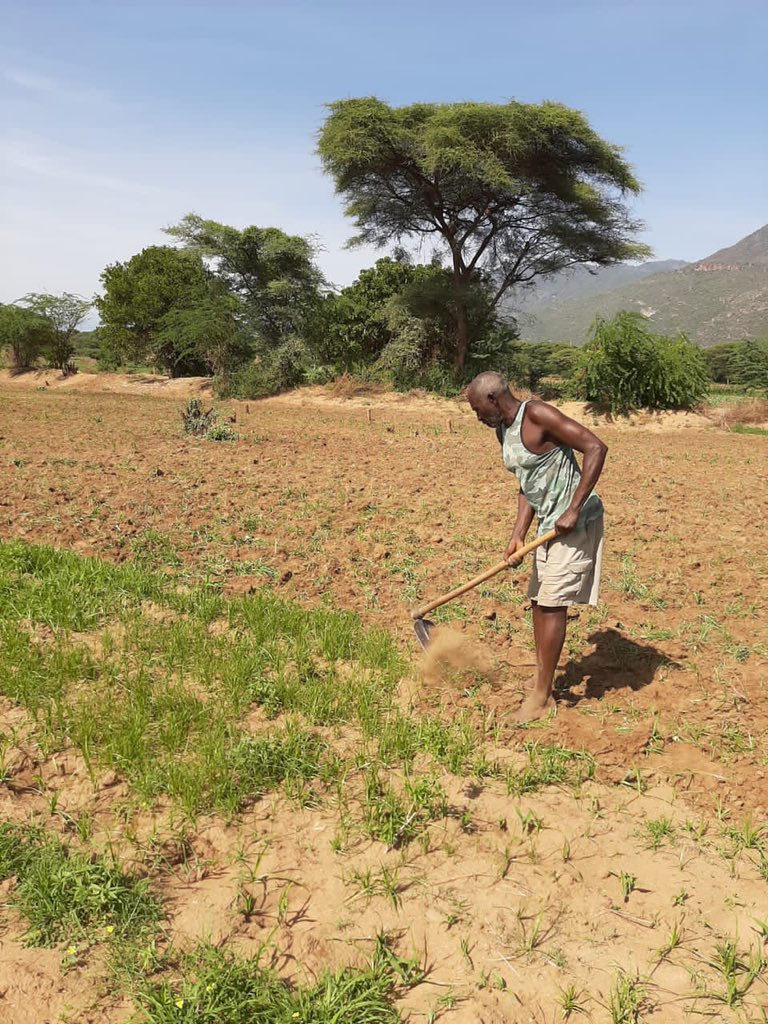By Kimuri Mwangi
Kenya has embraced Genome Editing (GEd) technology in a bid to ensure the country becomes food secure.
Diseases and the ongoing climatic changes have resulted in poor harvests and the new technology currently under research will be instrumental in addressing the challenges the country is facing in food production.
Genome editing allows scientists to make precise changes to an organism’s DNA, providing opportunities to develop crops that are more resilient to climate change, pests, and diseases. According to Kenyan scientists conducting the trials, Genome editing can reduce the time of research by two to five years compared to conventional breeding technologies which take up to 10 years.
Speaking during the opening of a genome editing science communication training, the Kenya Agricultural and Livestock Research Organization (KALRO) Director General Dr. Eliud Kireger said that in a region where food security is a constant challenge, the technology could be pivotal in ensuring that millions have access to adequate nutrition.
In a speech read on his behalf by the Deputy Director Dr. Felista Makini the DG said that Genome editing is a revolutionary scientific technology that holds tremendous promise for agriculture, healthcare, and the environment and its potential in Africa, a continent heavily reliant on agriculture, cannot be overstated.
“We also recognize the collaboration between the Kenya Agricultural and Livestock Research Organization (KALRO) and the National Biosafety Authority (NBA), whose commitment to ensuring that genome editing is effectively implemented in Kenya is integral to the success of this program.The synergy among AUDA-NEPAD, NBA, KALRO, and other stakeholders represents the spirit of partnership that will help Africa unlock the full potential of biotechnology for the continent’s socio-economic transformation,” opined Kireger.
The Ag. CEO, National Biosafety Authority Nehemiah Ngetich, said they are committed to ensure that advances in biotechnology are applied responsibly and safely.
“Today, we find ourselves at the intersection of cutting-edge science and the future of sustainable development. Genome editing holds the promise of addressing some of Kenya’s most pressing challenges—be it in enhancing agricultural productivity, improving health outcomes, or conserving our rich biodiversity. With the ability to precisely alter genetic material, this technology presents opportunities to improve crop resilience to climate change, develop treatments for genetic disorders, and even mitigate the spread of diseases like malaria,” said Ngetich.
Currently the National Biosafety Authority (NBA) has approved four genome edited products for research in the country. The approvals were guided by genome editing guidelines published in 2022.
Eric Korir, a Principal Biosafety Officer at the National Biosafety Authority (NBA) said the products include gene edited maize which is resistant to Maize Lethal Necrosis Disease (MLN) that was approved in 2022 for research by the Kenya Agricultural and Livestock Research Organization (KALRO).
There is also a gene edited nitrogen fixing bacteria (bio fertilizer) used as a seed treatment for cereal crops.The bacteria has been edited to enhance its ability to convert nitrogen for the plant which is being implemented by Agtech Consulting Limited.
Gene edited sorghum resistant to striga weed, and another variety resistant to herbicides were approved in 2023, with the research being carried out by researchers from Kenyatta University.
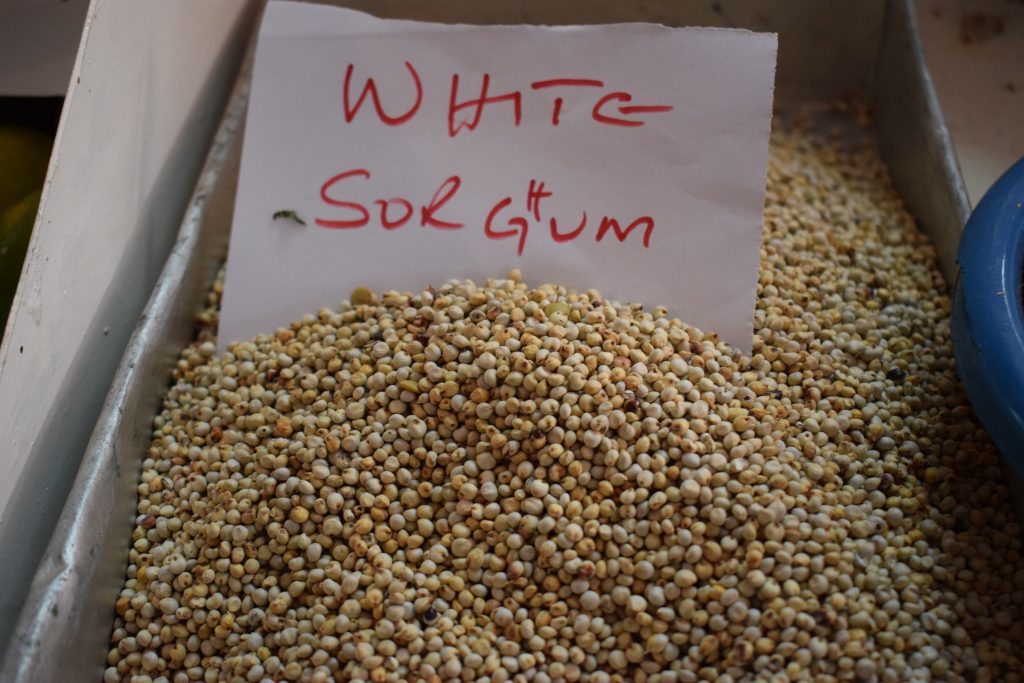
On the Sorghum varieties, Prof. Steven Runo said genome editing can provide solutions that can help complement the more traditional ways that we have been using to manage the parasitic weed striga commonly known as “Kayongo” that suck nutrients from host plants making them to exhibit symptoms, such as stunting, wilting, and chlorosis which are similar to those seen from severe drought damage, nutrient deficiency, and vascular disease.
“So far, we have done one cycle field trial and the next one will follow within the next few years. We are looking at the data which is looking good and we are also analyzing it practically,” said Prof. Runo..
The field trials which are expected to be concluded by 2027 maybe the solution to complement conventional seeds and animal breeds.


